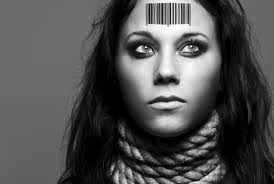~by Jeanne Christensen, RSM, Global Sisters Report
In 2004, for the first time, I met prostituted women who had survived and were moving successfully into recovery. I was awed by their stories, but more so by their strength, courage and resilience. How could anyone survive what they had experienced and still have hope? One told me, “God reached into hell and pulled me out.” I wanted to say, “Yes, but give yourself credit.” She now operates a nonprofit, helping other victims and survivors.
When younger, these women were among those at great risk — runaway youth. The National Conference of State Legislature cites studies showing that “youth age 12 to 17 are more at risk of homelessness than adults”; “one in seven young people between the ages of 10 and 18 will run away”; and “75 percent of runaways are female.” If runaways or homeless youth are on the streets without a safe place to go, their abduction is likely within 48 hours, according to public safety officials. They often run from or are forced out of terrible home situations. Many believe nothing could be worse. Unfortunately, they are usually wrong. [Read more…]

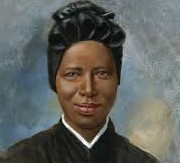 As human trafficking continues to be a supremely important issue during Pope Francis’ pontificate, with an estimated 20 million victims worldwide, St. Josephine Bakhita, enslaved during her own childhood, undergoing immense suffering throughout her adolescence before discovering the faith in her early 20s. She was baptized, and after being freed entered the Canossian Sisters in Italy.
As human trafficking continues to be a supremely important issue during Pope Francis’ pontificate, with an estimated 20 million victims worldwide, St. Josephine Bakhita, enslaved during her own childhood, undergoing immense suffering throughout her adolescence before discovering the faith in her early 20s. She was baptized, and after being freed entered the Canossian Sisters in Italy.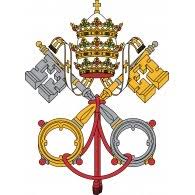 Continuing to Share the Journey
Continuing to Share the Journey
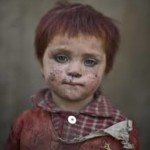
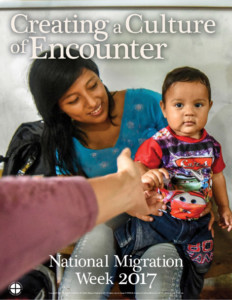 For nearly a half century, the Catholic Church in the United States has celebrated National Migration Week, which is an opportunity for the Church to reflect on the circumstances confronting migrants, including immigrants, refugees, children, and victims and survivors of human trafficking. The theme for National Migration Week 2017 draws attention to Pope Francis’ call to create a culture of encounter, and in doing so to look beyond our own needs and wants to those of others around us. In the homily given at his first Pentecost as pope, he emphasized the importance of encounter in the Christian faith: “For me this word is very important. Encounter with others. Why? Because faith is an encounter with Jesus, and we must do what Jesus does: encounter others.”
For nearly a half century, the Catholic Church in the United States has celebrated National Migration Week, which is an opportunity for the Church to reflect on the circumstances confronting migrants, including immigrants, refugees, children, and victims and survivors of human trafficking. The theme for National Migration Week 2017 draws attention to Pope Francis’ call to create a culture of encounter, and in doing so to look beyond our own needs and wants to those of others around us. In the homily given at his first Pentecost as pope, he emphasized the importance of encounter in the Christian faith: “For me this word is very important. Encounter with others. Why? Because faith is an encounter with Jesus, and we must do what Jesus does: encounter others.” Informed by his Franciscan Community of an important Lenten advocacy campaign for slave-free seafood, Fr. Edwin Robinson, OFM, Director of Pastoral Care at Cabrini of Westchester, was compelled to raise awareness. He shared the Lenten initiative led by the Coalition of Catholic Organizations Against Human Trafficking (CCOAHT) with Patricia Krasnausky, President and CEO, and, together, they brought the campaign to the Cabrini community.
Informed by his Franciscan Community of an important Lenten advocacy campaign for slave-free seafood, Fr. Edwin Robinson, OFM, Director of Pastoral Care at Cabrini of Westchester, was compelled to raise awareness. He shared the Lenten initiative led by the Coalition of Catholic Organizations Against Human Trafficking (CCOAHT) with Patricia Krasnausky, President and CEO, and, together, they brought the campaign to the Cabrini community.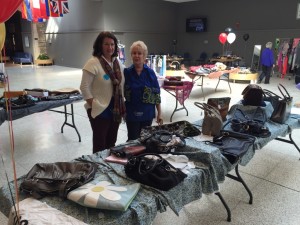 One such advocacy organization is Dawn’s Place, a shelter in our area, – a sanctuary, really, – for women who have fallen victim to human trafficking and sexual exploitation. Their staff members provide these women with a home-like environment where they are accompanied in their transition back into society.
One such advocacy organization is Dawn’s Place, a shelter in our area, – a sanctuary, really, – for women who have fallen victim to human trafficking and sexual exploitation. Their staff members provide these women with a home-like environment where they are accompanied in their transition back into society.